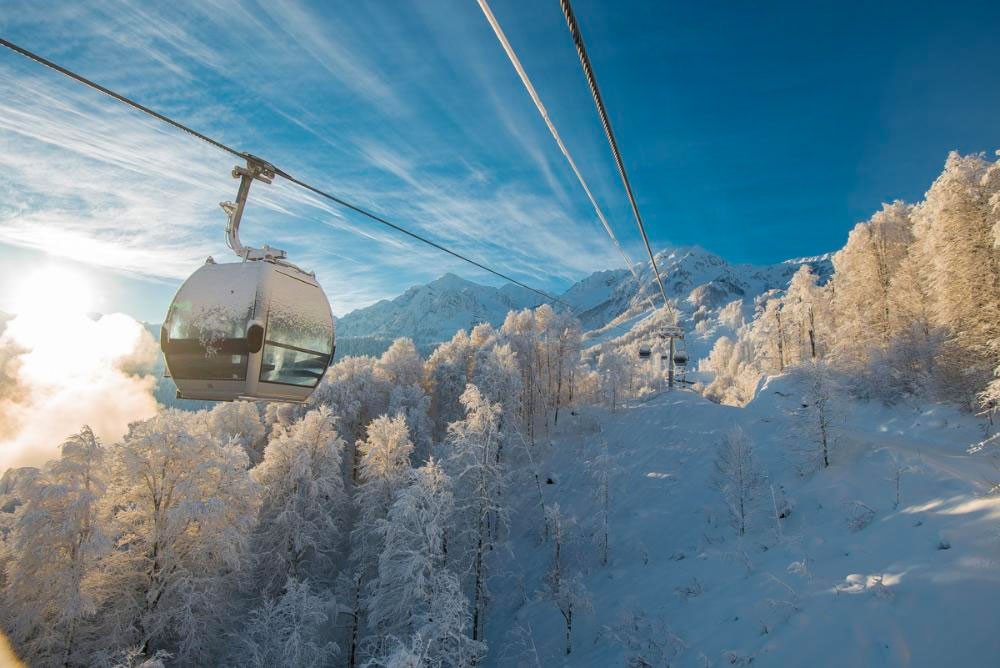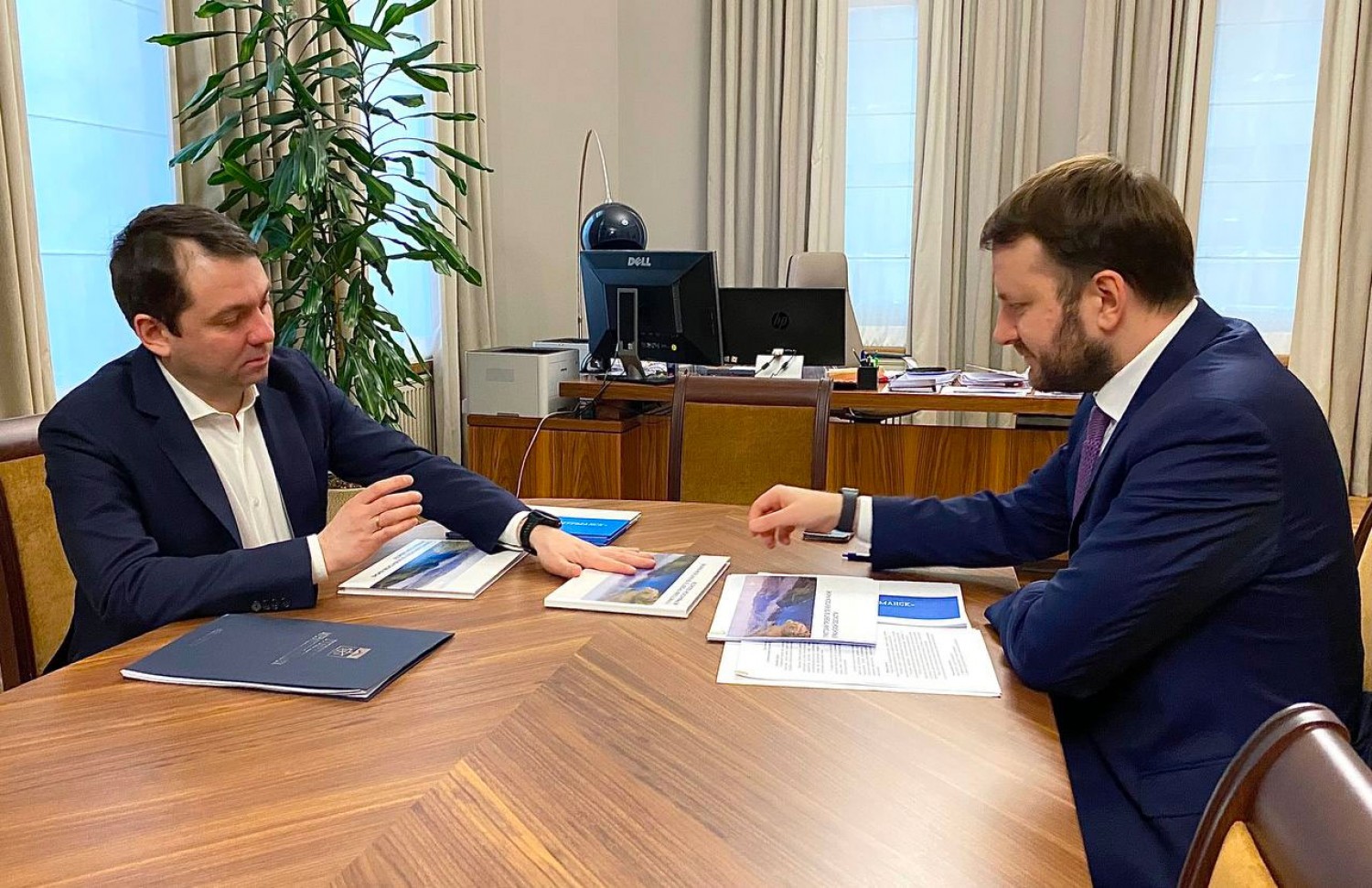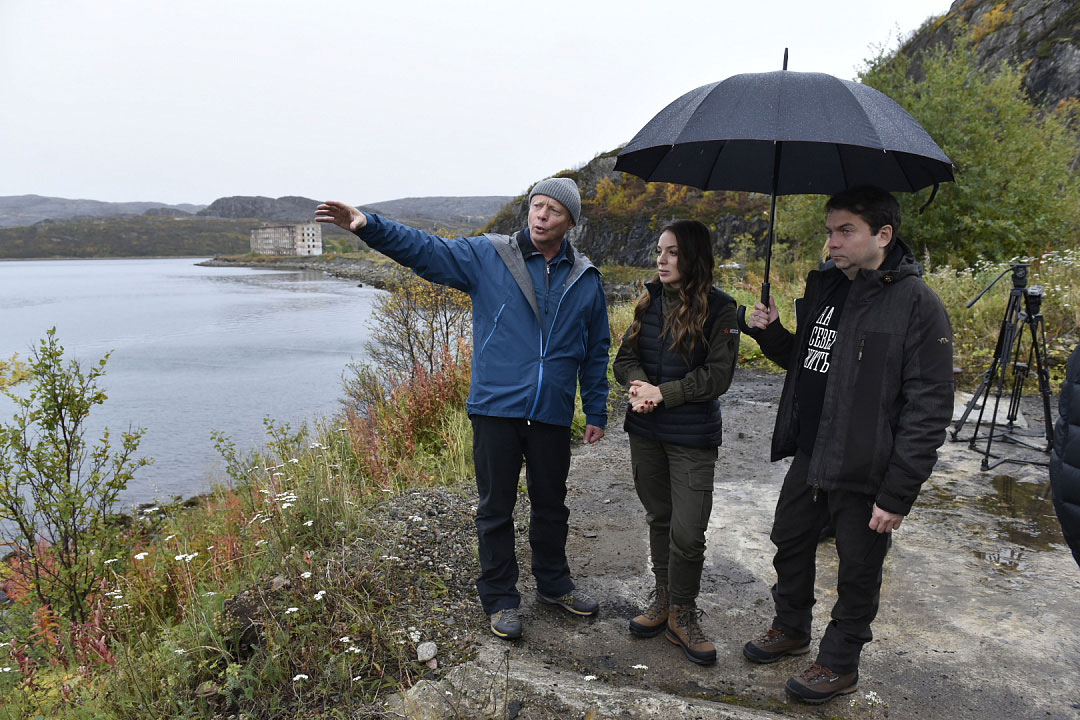Murmansk’s governor pitches a major Arctic tourism project to the Kremlin
A tourism hub at the Kola Peninsula's Liinakhamari Port near the Norwegian border could be a major economic driver for the region — and even the nation — Andrei Chibis argues.

Murmansk Governor Andrei Chibis top regional development priorities traveled to Moscow last week to present the plans for a major Arctic tourism project to powerful representatives of the Kremlin.
The Liinakhamari Port project would be a world standard resort similar to the Rosa Khutor in Sochi, Chibis told Presidential Adviser Maksim Oreshkin.
“The project is important not only for our region, we hope that it will be part of the new national tourism development program that now is under elaboration, and that it will become one of the biggest and most outstanding objects on the map of our country,” Chibis said.

Judging from plans, the Liinakhamari Port will be a tourism and adventure hub unlike any previously seen in the Russian North.
On a 200-hectare area located on the Barents Sea coast, just few kilometers from the border to Norway, several high-standard hotels with up to 1,100 rooms are planned. Infrastructure would include new roads, seaport facilities and a big number of adventure objects, according to the Murmansk regional government.
The project also includes the construction of an airfield with two runways for general aviation.
Initial private investments will amount to 20 billion rubles, and another 20 billion is planned for the period from 2027 to 2036.
The tourism hub will be located in Russian border zone, an area that is normally strictly controlled by the FSB. In addition, there are several military bases and installations in the near vicinity.
That, however, is not a problem, Chibis said.
“All needed land areas for the project have been determined and their borders settled,” the governor told Oreshkin.
The presidential adviser until early 2020 served as Minister of Economic Development. Oreshkin also has experience as Deputy Finance Minister.

The mining and metallurgy company Nornickel stands behind the Liinakhamari project. The first presentation of the tourism initiative came in 2020 as the company was about to close its nearby melter in Nikel.
Tourism is now presented as the new major source of employment in the border areas to neighboring Norway and Finland. At least 500 new jobs will be created, and another 1,000 in supporting services, the regional government says.
According to Chibis, it will significantly help improve the social and economic situation in the Pechenga area.